Safeguarding the Nation’s Digital Memory
In 2020-1 the Digital Preservation Coalition engaged in a project with The National Archives and the University of Warwick to establish a collaborative approach to manage digital preservation risk and bring statistical risk management methods into the digital heritage sphere.
Safeguarding the Nation’s Digital Memory created a structured evidence base to map and explain risk and developed a tool (DiAGRAM - the Digital Archives Graphical Risk Assessment Model) to enable archivists to prioritise threats and select suitable actions to mitigate them.
Read more: Safeguarding the Nation’s Digital MemoryFAIR Forever: Long Term Data Preservation Roles and Responsibilities
The FAIR Forever study was commissioned by the European Open Science Cloud (EOSC) Sustainability Working Group and funded by the EOSC Secretariat in 2020 (grant agreement number 831644) to assess the current strengths, weaknesses, opportunities and threats to the preservation of research data across EOSC, and the feasibility of establishing shared approaches, workflows and services that would benefit EOSC stakeholders.
Read more: FAIR Forever: Long Term Data Preservation Roles and ResponsibilitiesReliable, Robust and Resilient Digital Infrastructure for Nuclear Decommissioning
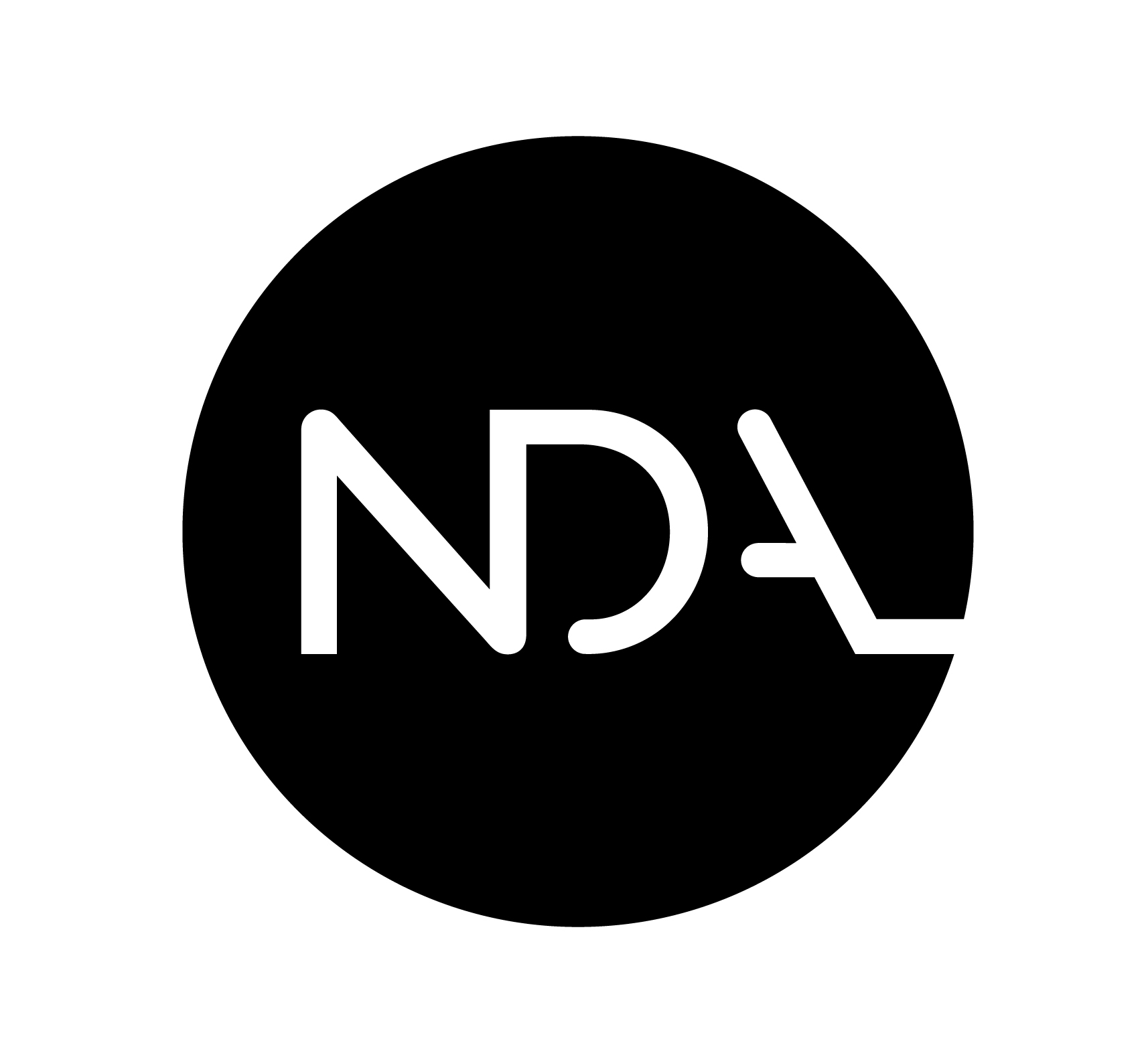 Intially conceived as a two year partnership (starting November 2018) between the Nuclear Decommissioning Authority (NDA) and the Digital Preservation Coalition (DPC), this project was subsequently extended for another two years and completed in February 2023.
Intially conceived as a two year partnership (starting November 2018) between the Nuclear Decommissioning Authority (NDA) and the Digital Preservation Coalition (DPC), this project was subsequently extended for another two years and completed in February 2023.
The NDA is charged with the complicated task of decommissioning and cleaning the seventeen principal nuclear energy plants in the UK, a task accurately described as the largest and most important environmental restoration programme in Europe. The extended life cycle of the programme, set alongside robust commitments to security, integrity and safety, means the NDA approaches its work with a profound commitment to long-term information management, ensuring the right information is available to the right people in a format they can use and with the confidence that it can be trusted. Therefore, amongst its many challenges, the NDA is by default required to become a trusted leader for information management and digital preservation.
Read more: Reliable, Robust and Resilient Digital Infrastructure for Nuclear DecommissioningJisc Research Data Spring Long Term Preservation Analysis and Recommendations
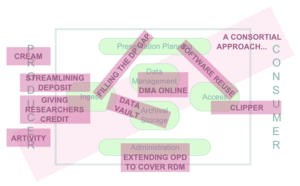 The DPC examined the challenges addressed, and results of, the second phase of the Jisc Research Data Spring projects. It provided recommendations on how the work can be enhanced from a digital preservation perspective prior to the projects continuing on towards a third and final development phase in early 2016. Visit the Jisc Research Data Spring Long Term Preservation Analysis and Recommendations wiki for more information.
The DPC examined the challenges addressed, and results of, the second phase of the Jisc Research Data Spring projects. It provided recommendations on how the work can be enhanced from a digital preservation perspective prior to the projects continuing on towards a third and final development phase in early 2016. Visit the Jisc Research Data Spring Long Term Preservation Analysis and Recommendations wiki for more information.
TIMBUS
 TIMBUS was a research project co-funded by the European Commission. It addressed the challenge of digital preservation of business processes and services to ensure their long-term continued access. TIMBUS analysed and recommended which aspects of a business process should be preserved and how to preserve them. It delivered methodologies and tools to capture and formalise business processes on both technical and organisational levels. This included their underlying software and hardware infrastructures and dependencies on third-party services and information. TIMBUS aligned digital preservation with well-established methods for enterprise risk management (ERM), feasibility and cost-benefit analysis, and business continuity management (BCM). Visit the TIMBUS website for more information.
TIMBUS was a research project co-funded by the European Commission. It addressed the challenge of digital preservation of business processes and services to ensure their long-term continued access. TIMBUS analysed and recommended which aspects of a business process should be preserved and how to preserve them. It delivered methodologies and tools to capture and formalise business processes on both technical and organisational levels. This included their underlying software and hardware infrastructures and dependencies on third-party services and information. TIMBUS aligned digital preservation with well-established methods for enterprise risk management (ERM), feasibility and cost-benefit analysis, and business continuity management (BCM). Visit the TIMBUS website for more information.
Project highlights:
- A Risk Management Approach to Preservation of Business Processes explores the application of risk assessment to the digital preservation of business processes.
APARSEN
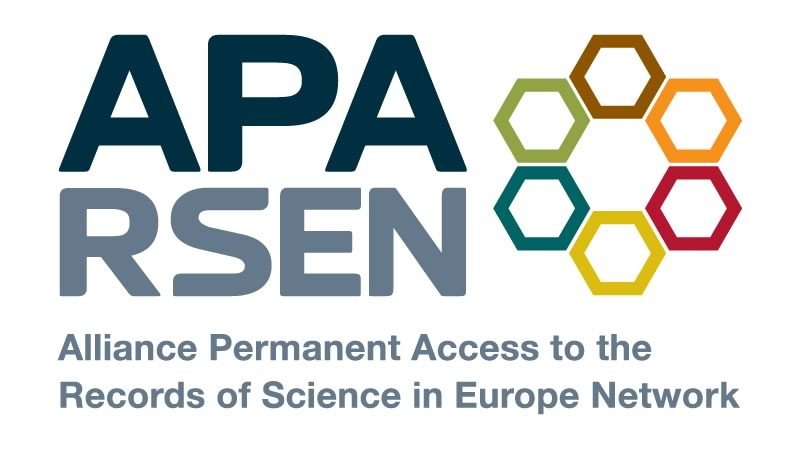 APARSEN was a Network of Excellence funded by the European Commission, which ran from January 2011 to December 2014. DPC had responsibility for the 'APARSEN Training' work package and had a range of interests in other elements of the network. During the course of the project the DPC coordinated 6 training events, including 2 week-long summer schools. Visit the APARSEN website for more information.
APARSEN was a Network of Excellence funded by the European Commission, which ran from January 2011 to December 2014. DPC had responsibility for the 'APARSEN Training' work package and had a range of interests in other elements of the network. During the course of the project the DPC coordinated 6 training events, including 2 week-long summer schools. Visit the APARSEN website for more information.
4C
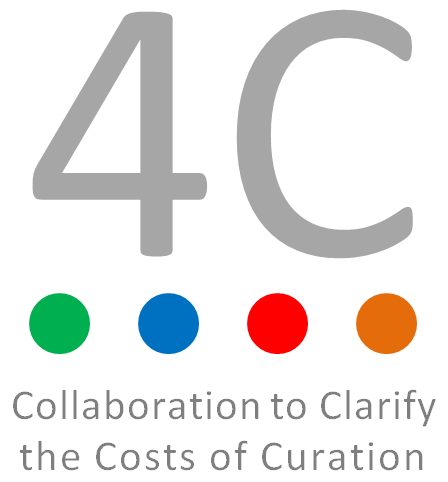 4C - the 'Collaboration to Clarify the Costs of Curation' was aimed at helping organisations across Europe invest more effectively in digital curation and preservation. Research in digital preservation and curation has tended to emphasise the cost and complexity of the task in hand. 4C reminded us that the point of this investment is to realise a benefit. With this in mind the 4C research encompassed related concepts such as ‘risk’, ‘value’, ‘quality’ and ‘sustainability’ leading to the conclusion that organisations that understand this will be more able to effectively control and manage their digital assets over time, but they may also be able to create new cost-effective solutions and services for others. Visit the 4C website for more information.
4C - the 'Collaboration to Clarify the Costs of Curation' was aimed at helping organisations across Europe invest more effectively in digital curation and preservation. Research in digital preservation and curation has tended to emphasise the cost and complexity of the task in hand. 4C reminded us that the point of this investment is to realise a benefit. With this in mind the 4C research encompassed related concepts such as ‘risk’, ‘value’, ‘quality’ and ‘sustainability’ leading to the conclusion that organisations that understand this will be more able to effectively control and manage their digital assets over time, but they may also be able to create new cost-effective solutions and services for others. Visit the 4C website for more information.
Project highlights:
- The 4C Roadmap: an outline of the steps that should be taken in the 5 years leading up to 2020, in order to maximise the efficiency of digital curation.
- Curation Costs Exchange: Understanding and comparing digital preservation costs to support smarter investments.
VeraPDF
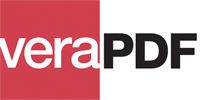 The veraPDF consortium will deliver a definitive validator for PDF/A: an authoritative corpus of test files establishing the objective frame of reference for validation of all parts and conformance levels of PDF/A, an open¬source, and a purpose¬built validator and policy checker to implement the collecting policies of memory institutions. We expect a vibrant community will develop to sustain these efforts.
The veraPDF consortium will deliver a definitive validator for PDF/A: an authoritative corpus of test files establishing the objective frame of reference for validation of all parts and conformance levels of PDF/A, an open¬source, and a purpose¬built validator and policy checker to implement the collecting policies of memory institutions. We expect a vibrant community will develop to sustain these efforts.
The veraPDF consortium brings together a unique network of stakeholders with complementary perspectives from existing collaborative efforts in the PDF industry (through the PDF Association and its association with the respective ISO committees), small and large memory institutions (through the Open Preservation Foundation and Digital Preservation Coalition), and commercial software service providers (Dual Lab and KEEP SOLUTIONS).
Over time, veraPDF will dramatically reduce costs associated with ingesting, quality¬controlling, and managing PDF documents through normalization of the preservation¬ready capabilities of PDF document creating and editing suites worldwide.
‘Preserving Social Media’ and ‘Preserving Transactional Data’
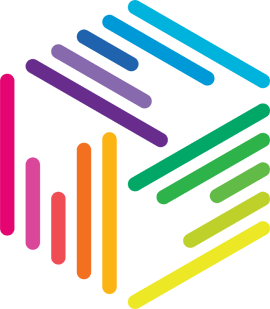 A study commissioned by the UK Data Service as part of their 'Big Data Network' programme on the preservation concerns of two types of big data: 'Preserving Social Media' and 'Preserving Transactional Data'. Preserving Social Media investigated current methods for capturing and archiving this new and novel form of data within the confines of strict platform Terms of Service and increasing technological demands. Preserving Transactional Data looked at the technical, legal, and ethical complications of capturing, curating, and sharing this rich source of data, defined as data captured in the course of everyday activities online such as filling out a form on a government website or making a loan payment. Recognising the value of large amounts of user-generated data in machine-readable formats, both of these studies provided guidance to overcome the challenges posed by capturing social media and transactional data, derived from platforms and programmes built on quickly changing technologies with frequently updated data policies.
A study commissioned by the UK Data Service as part of their 'Big Data Network' programme on the preservation concerns of two types of big data: 'Preserving Social Media' and 'Preserving Transactional Data'. Preserving Social Media investigated current methods for capturing and archiving this new and novel form of data within the confines of strict platform Terms of Service and increasing technological demands. Preserving Transactional Data looked at the technical, legal, and ethical complications of capturing, curating, and sharing this rich source of data, defined as data captured in the course of everyday activities online such as filling out a form on a government website or making a loan payment. Recognising the value of large amounts of user-generated data in machine-readable formats, both of these studies provided guidance to overcome the challenges posed by capturing social media and transactional data, derived from platforms and programmes built on quickly changing technologies with frequently updated data policies.
Project highlights:
E-Ark
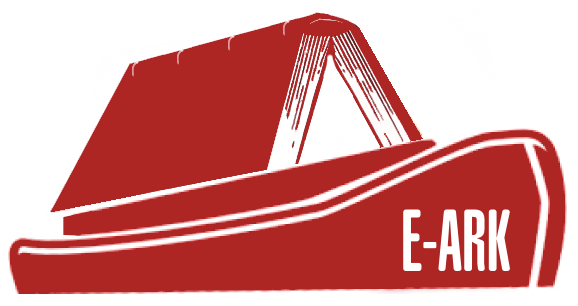 In co-operation with commercial systems providers, E-ARK will create and pilot a pan-European methodology for electronic document archiving, synthesising existing national and international best practices, which will keep records and databases authentic and usable over time.
In co-operation with commercial systems providers, E-ARK will create and pilot a pan-European methodology for electronic document archiving, synthesising existing national and international best practices, which will keep records and databases authentic and usable over time.
The methodology will be implemented in an open pilot in various national contexts, using existing, near-to-market tools, and services developed by the partners. This will allow memory institutions and their clients (public- and private-sector) to assess, in an operational context, the suitability of those state-of-the-art technologies.
Our objective is to provide a single, scalable, robust approach capable of meeting the needs of diverse organisations, public and private, large and small, and able to support complex data types. E-ARK will demonstrate the potential benefits for public administrations, public agencies, public services, citizens and business by providing simple, efficient access to the workflows for the three main activities of an archive - acquiring, preserving and enabling re-use of information.
- Visit E-ARK services for information governance at the Knowledge Centre
- Visit the E-ARK website for more information






























































































































